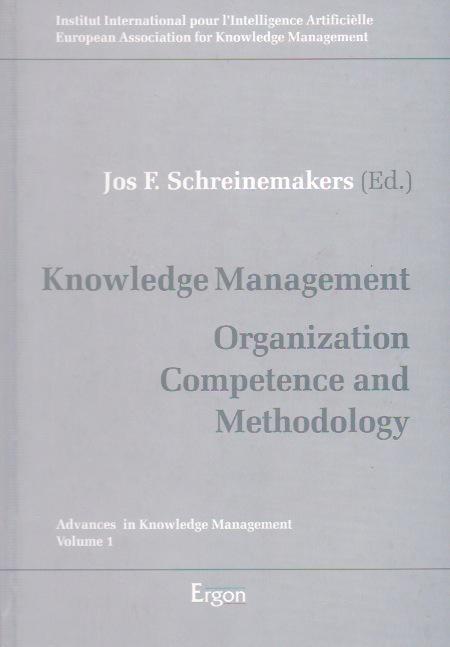Kessels, J.W.M. (1996). Knowledge Productivity and the Corporate Curriculum. In J.F. Schreinemakers (Ed.), Knowledge Management. Organization Competence and Methodology. Advances in Knowledge Management, Vol. 1. (pp. 168-174). Würzburg: Ergon Verlag.

Kessels, J.W.M. (1996). Knowledge Productivity and the Corporate Curriculum. In J.F. Schreinemakers (Ed.), Knowledge Management. Organization Competence and Methodology. Advances in Knowledge Management, Vol. 1. (pp. 168-174). Würzburg: Ergon Verlag. (ISBN: 3-932004-26-4)
Perceptions of education and learning in organizations are changing rapidly. The significance of knowledge, learning and working has experienced a revolution that has gone virtually unnoticed. Contrary to the conviction that human beings represent an organization's most important resources and capital, the reality of restructuring and business process re-engineering focus on improved productivity and reduced labor costs. A process of segregation between highly talented 'knowledge workers' and service personnel evolves. Employees will be regarded as resources as long as they contribute to the company's core competencies and knowledge productivity. This perspective has a definite impact on the ability to learn, on the educational system and on new social imbalances. The author explores the impact of the demand for knowledge productivity in education and learning in organizations. These perceptions and the concept of a corporate curriculum might stimulate further action.
